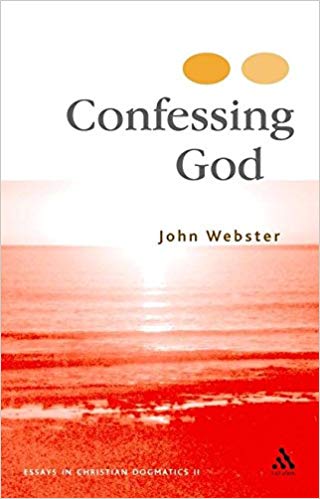I’m a revivalist and I can’t really help it — I was born again one, and I’ll probably die one. I am always looking for renewed signs of life in the church, am always ready to pray for a movement of God’s Spirit among believers, and am as alert as, say, the young Jonathan Edwards to any rumors of spiritual awakening.
But I understand why revivalism has a bad name in some circles. It can be superficial and opportunistic, and it can undermine the steady and faithful ministry of the church in its everyday presence. People can get hooked on the high of chasing the next experience, uncritically rushing to get under the spout where the glory comes out.
And I especially understand why Christians who have a strong commitment to the life of the mind tend to look askance at revivalism. What counts as signs of life in most revival settings tends to skew away from the intellectual side of things. One would expect a rising tide of spiritual vitality to lift all boats, but it’s the emotional boats that get the attention. Imagine a revival that included emotional response to God’s presence, and confession of sins, but also deeper insight into the words of Scripture, and renewed energy for grasping Christian doctrine.
Such things can happen. Why not include them in your prayers for revival?
 These musings are just my attempt to trick evangelicals into reading the following paragraph from John Webster’s 2001 essay “Confession and Confessions” (reprinted in 2005’s Confessing God).
These musings are just my attempt to trick evangelicals into reading the following paragraph from John Webster’s 2001 essay “Confession and Confessions” (reprinted in 2005’s Confessing God).
Creeds don’t have it in themselves to renew church life. “Yet it is scarcely possible to envisage substantial renewal of the life of the church without renewal of its confessional life.” He then goes on to list some of the conditions for such a renewal. I’ll put them in list form here to make for friendlier blog reading (more trickery!).
- One is real governance of the church’s practice and decision-making not by ill-digested cultural analysis but by reference to the credal rendering of the biblical gospel.
- Another is recovery of the kind of theology which sees itself as an apostolic task, and does not believe itself entitled or competent to reinvent or subvert the Christian tradition.
- A third, rarely noticed, condition is the need for a recovery of symbolics (the study of creeds and confessions) as part of the theological curriculum –so much more edifying than most of what fills the seminary day.
Each of these deserves some pondering; even though Webster wrote these remarks as a kind of gloss on current events in church and theology circa 2001, seventeen years have not made them less relevant.
After listening these three conditions, Webster admits that “alongside these are required habits of mind and heart,” which he also lists:
- Love of the gospel
- Docility in the face of our forebears
- Readiness for responsibility and venture
- A freedom from concern for reputation
- A proper self-distrust
“None of these things,” Webster writes, “can be cultivated. They are the Spirit’s gifts, and the Spirit alone must do his work. What we may do —and must do— is cry to God, who alone works great marvels.”
Revive us again, he said academically.